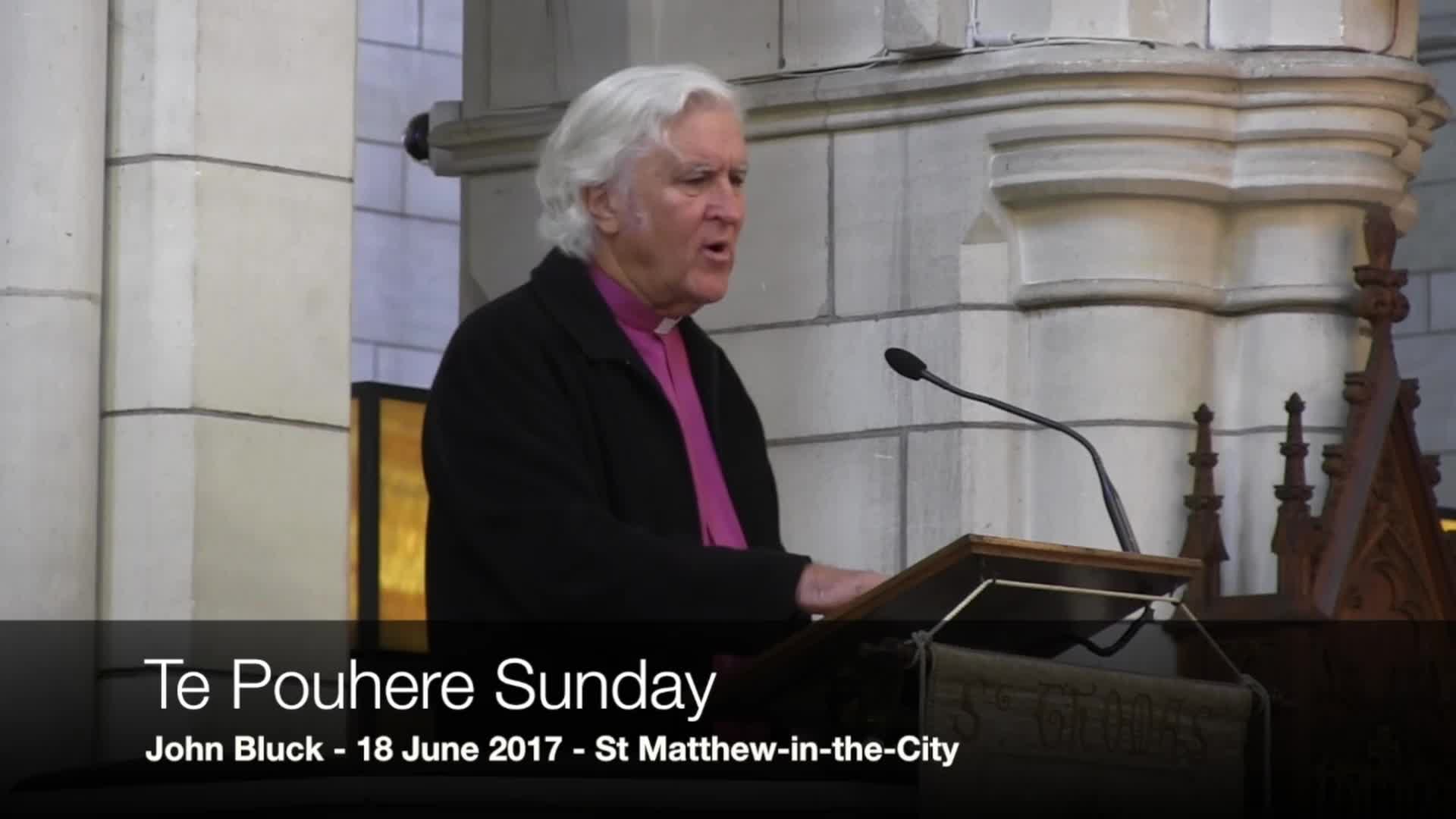
Home
Learning
Watching trees
Helen Jacobi explores the concept of hope brought to us by Isaiah


Farewell Sermon
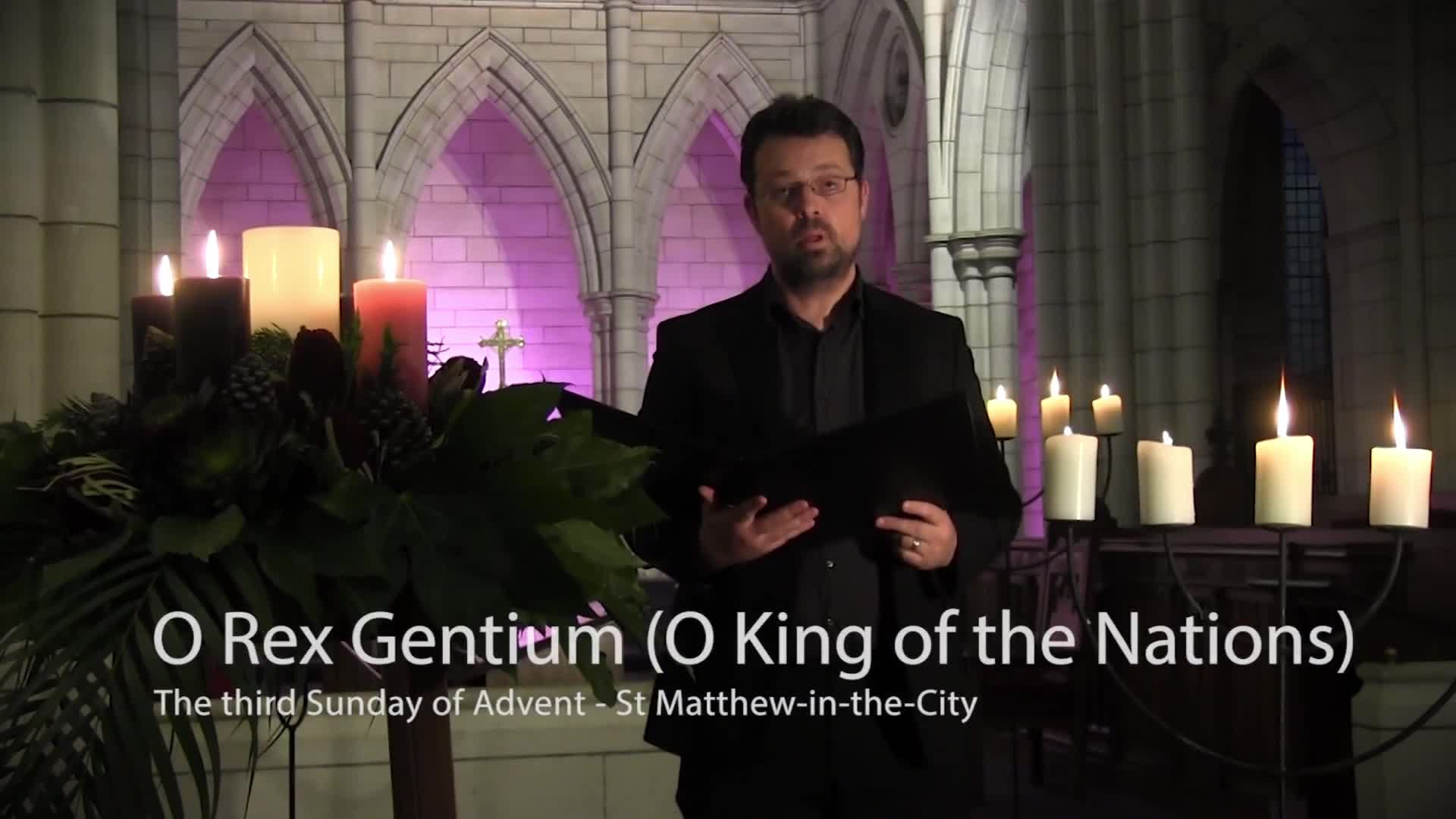
The Great O Antiphons: O Oriens, O Rex Gentium

Where does scripture take us?
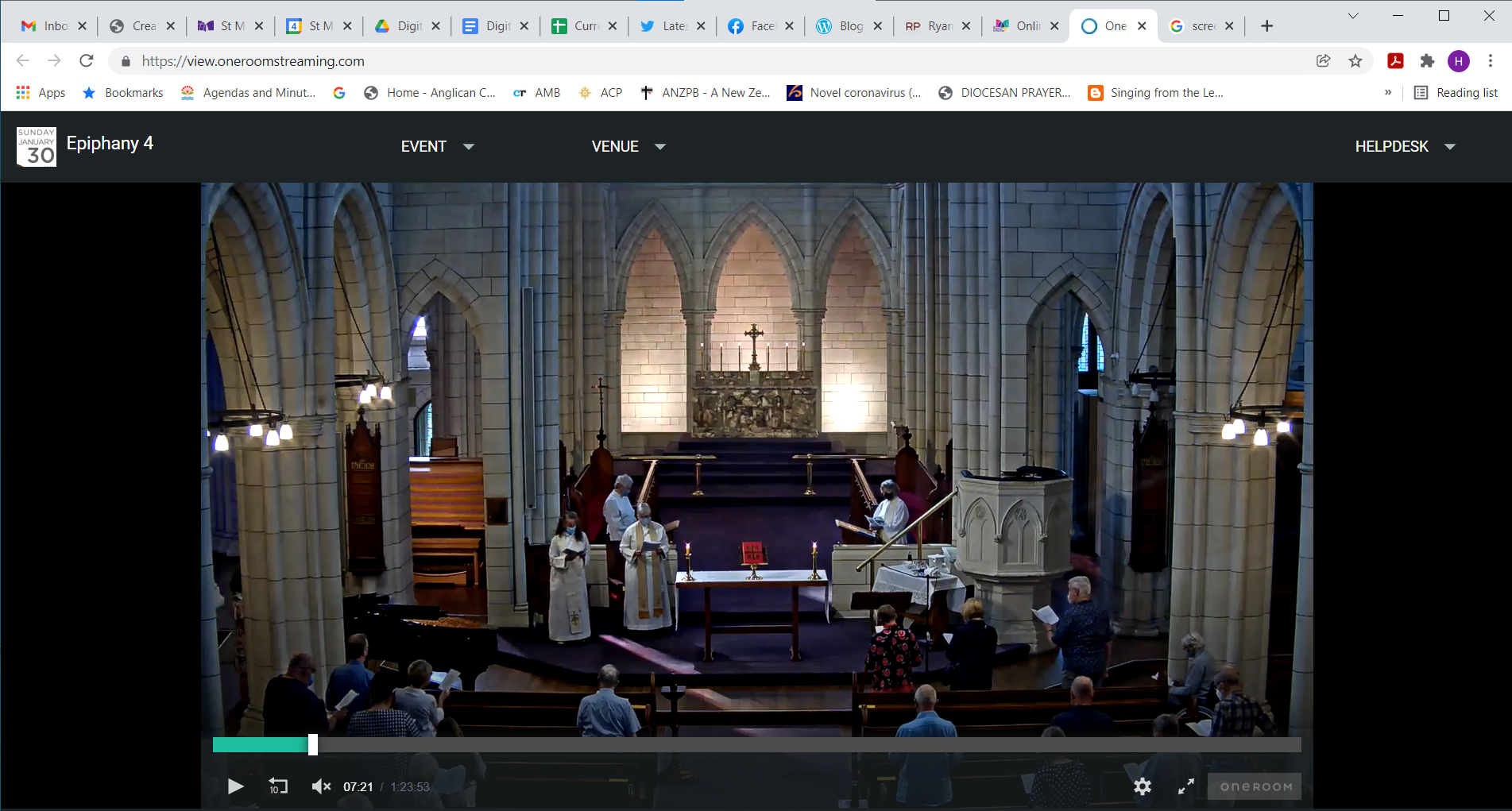
Hybrid worship

Matthew's Leadership

Good Friday sermon "Silence"
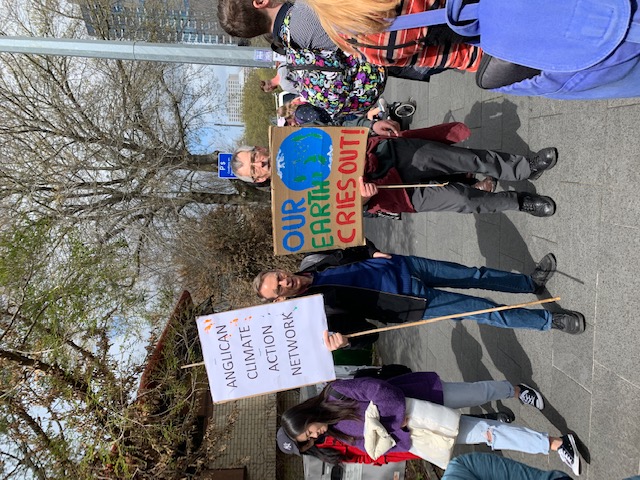
Climate Crisis Statement
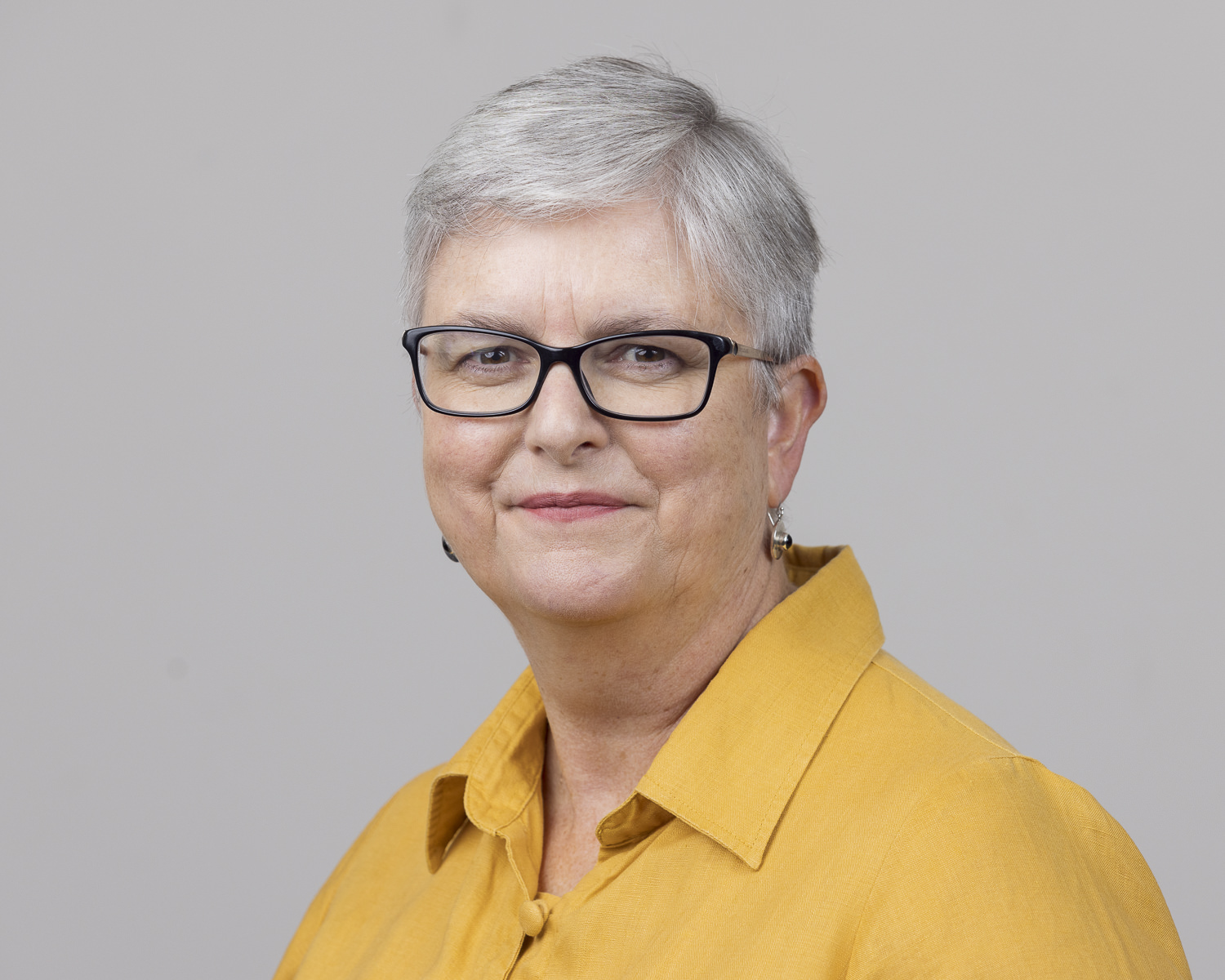
Media interviews
